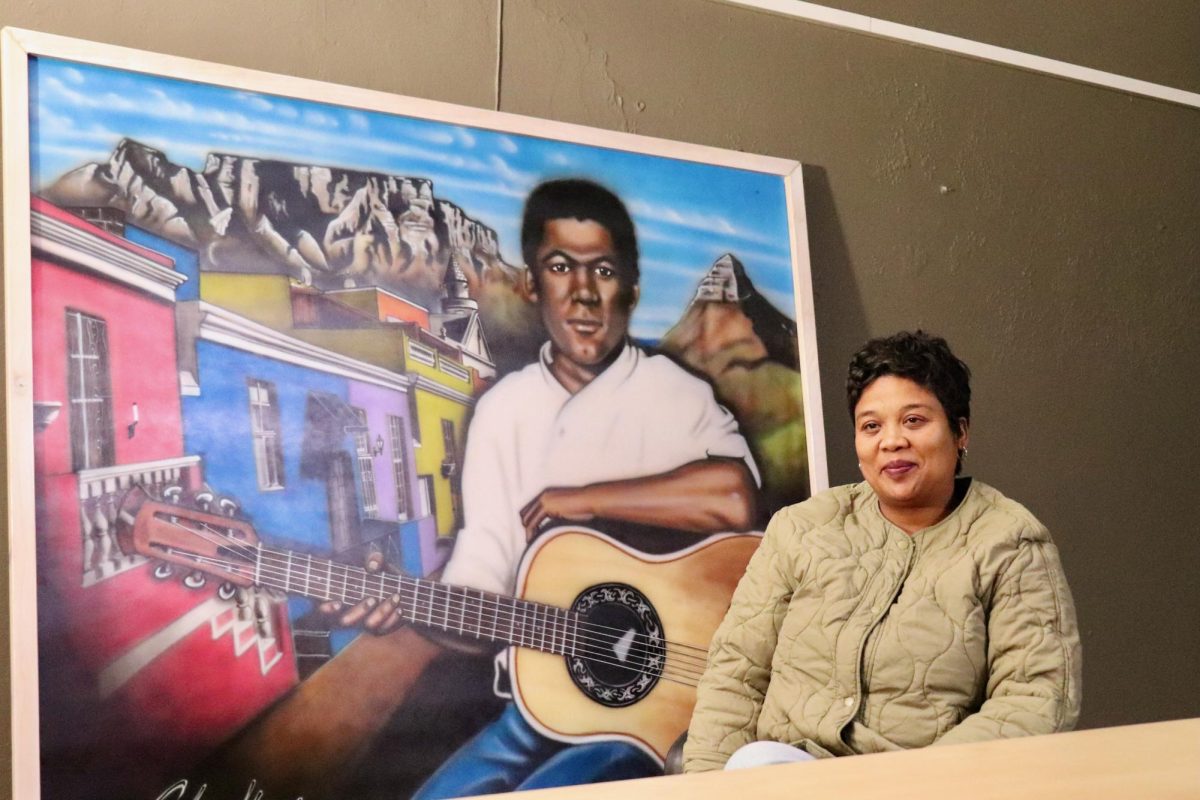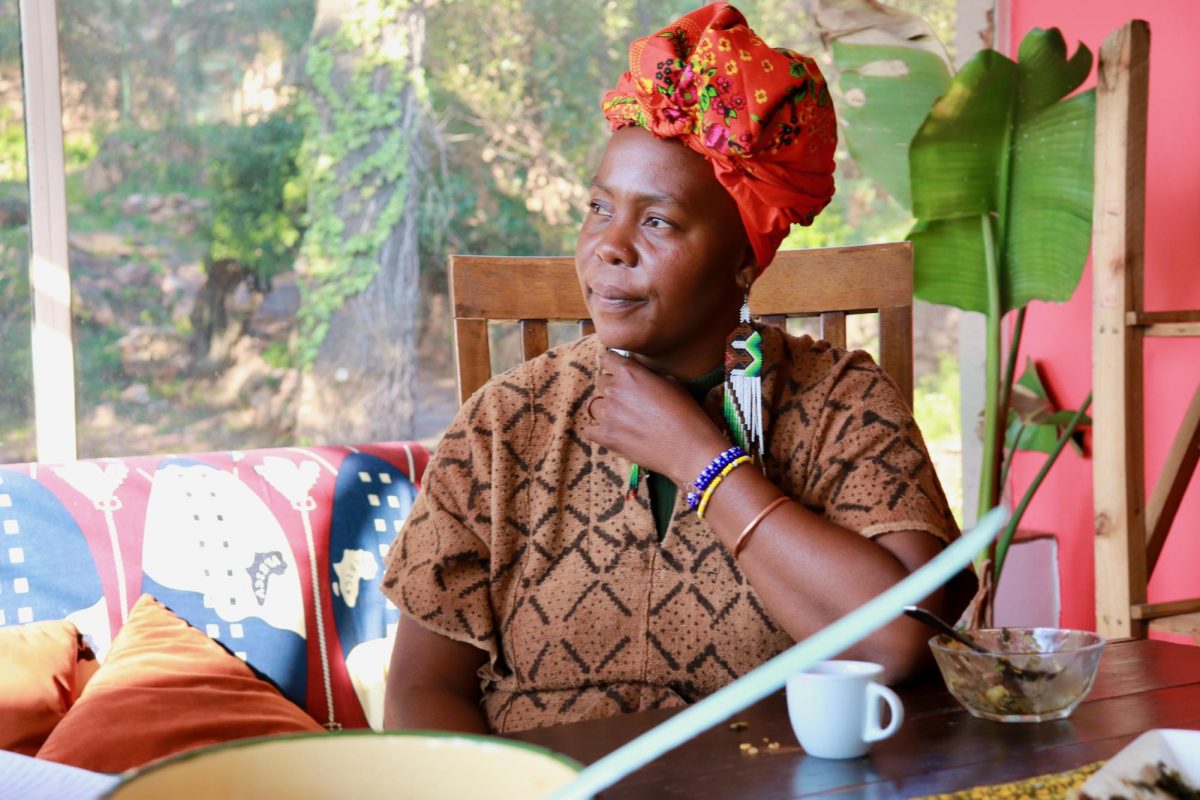Analyzing why the EU is so accepting of Ukrainians
The people of Ukraine are experiencing the unimaginable right now. One mother’s house was destroyed by a shell while her and her daughters were sheltered in a basement. People have waited up to 60 hours in freezing weather to cross into Poland. Families are being separated with women and children fleeing while men stay in Ukraine to fight, per President Volodymyr Zelenskyy’s orders.
Nearby European countries are welcoming refugees with open arms, and Americans with and without Ukrainian ancestry are rallying to support them with donations. This moving unity and show of solidarity is rare despite there always being refugees somewhere in the world. But why?
While the movement of so many people at once is overwhelming, the European Union (EU) has made adjustments to accommodate the influx of Ukrainian refugees. To get refugees out of Ukraine and to their desired destination, European rail operators are offering free travel to anyone with Ukrainian ID papers.
Once in the EU, Ukrainians are being granted the right to stay and work in any country within the EU for up to three years. Countries that border Ukraine, like Poland and Slovakia, have asked for aid from the EU, prompting countries like Germany and France to send tents, blankets, masks and medicine to support.
This response from the EU and its individual countries is encouraging and uplifting, but this has not been the case in the past for refugees from other countries and regions.
In 2015, 1.3 million people, many from the Middle East, arrived in Europe in a wave of migration that prompted countries to oppose the EU’s migrant quotas and fight to keep people out. Last year, hundreds of migrants from Iraq, Syria and Afghanistan were stranded at the border between Belarus and Poland. Poland prevented the migrants from entering the country, posting riot police to supplement its border guards.
There are many different factors that are prompting the EU and its member states to be more welcoming to Ukrainian refugees. At first glance it may seem like it is purely racial or ethnic discrimination, which is a factor, but there are both cultural and political factors contributing to the EU’s shift in asylum policies.
Culturally, the people of Ukraine and Poland have a long history of connections. Between one and two million Ukrainians already lived in Poland prior to the current Russian invasion. Many fled there after the 2014 Russian invasion of Crimea.
Along with being culturally intertwined, the proximity of Poland to Ukraine may make people think that these tragedies could have happened to them. For the Polish, they may hold a different attitude toward non-Ukrainian refugees than Syrian refugees, for example: the conflict in Syria may be easier to ignore given its physical distance.
Among the political factors that make Ukrainian refugees more likely to be admitted than others are security concerns. In the post-9/11 world, migrants fleeing areas of the world associated with terrorism and security risks are seen as a threat rather than a humanitarian crisis. This racist narrative has made the Western world wary of migrants from regions like the Middle East and Northern Africa.
Aside from security concerns, Ukraine has a much more positive relationship with the EU. Ukraine has long voiced their aspirations to become a member state of the EU. Even though Ukrainian citizens were permitted to travel to EU countries without a visa, they still have not been granted EU membership.
While the EU has a friendly relationship with Ukraine, they have a tense relationship with Russia. This situation bears some resemblance to international relations during the Cold War when Western countries would take in refugees fleeing communist countries. This sends the message that Russia is creating refugees because they are the “bad guys,” but the EU countries accept the refugees because they are the “good guys.”
Ukrainian refugees have not only experienced aid from the EU, but kindness from Europeans and the Western world in general. Towns and cities on Poland’s eastern border and other countries that neighbor Ukraine have mobilized resources, bringing blankets and warm clothing to school sports halls and opening logistics centers to process the new arrivals.
Americans can help from across the world through many organizations, such as the ones below. Please consider donating to these organizations to help Ukranians, and remember to donate to refugees who come from various countries around the world moving forward.







































